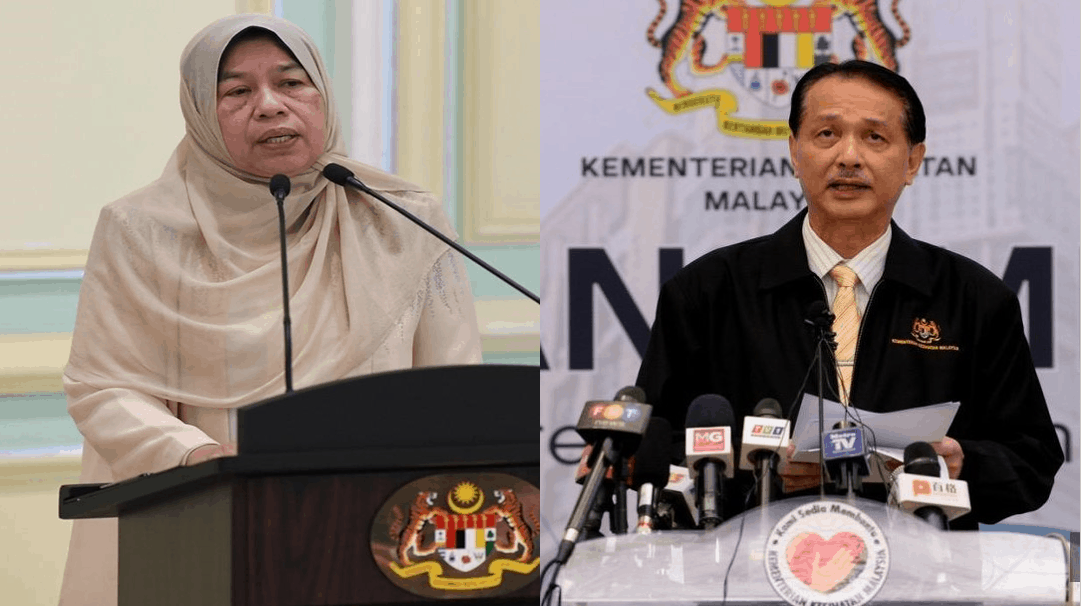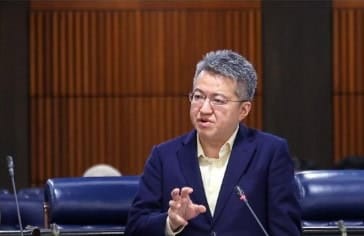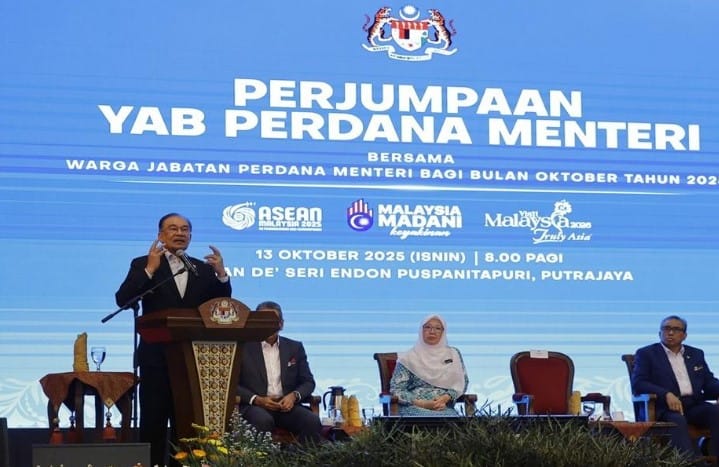
PUTRAJAYA, April 16 — The Ministry of Health (MOH) is optimistic that the infectivity rate of COVID-19 can be reduced within phase three of the Movement Control Order (MCO), which starts today.
Health director-general Datuk Dr Noor Hisham Abdullah said that as of yesterday, the number of active cases capable of being infective was 2,342, which was slightly above the actual target at 2,033.
Although the figure was slightly higher, he said that more importantly the infectivity rate had reduced compared to yesterday’s 2,427 cases.
“If we can bring down further (infectivity cases), that means the infectivity (to) the community will be less.
“We hope that going into phase three of the MCO, if we can increase our activities to what we have done in phases one and two, we can bring down the infectivity rate,” he said to press yesterday.
Meanwhile, asked about the sanitation process in the homes of COVID-19 patients, Dr Noor Hisham said that was the responsibility of the home owners.
“For home sanitation, it must be done by themselves (the home owners), but based on the standard operating procedures (SOP) set by the Health Ministry. The local authorities (PBT) will only carry out sanitation process in public areas,” he said.
Sanitation process for homes and public areas
The Ministry of Housing and Local Government (KPKT) has extended public sanitation operations to low and medium low cost strata areas involving six local authorities in Selangor to curb the COVID-19 outbreak.
Its minister Zuraida Kamaruddin said this follows the government’s decision to allow additional sectors to operate in stages after the Movement Control Order (MCO) was extended to phase three from April 14 to April 28.

“There are 15 low-cost housing areas in the Ampang Jaya Municipal Council (MPAJ) and today we conducted simultaneous operations in seven housing areas while operations in the remaining eight areas will be conducted tomorrow,” she press last week.
Zuraida who is also Ampang Member of Parliament said the sanitation operations involved 37 housing schemes with 20,520 units under six local authorities including the Petaling Jaya City Council, Subang Jaya Municipal Council, Klang Municipal Council, Selayang Municipal Council and the Kajang Municipal Council.
She said the sanitation operations focused only on common areas such as corridors, stairs, lifts, and places of worship, involving collaborations with the Fire and Rescue Department, local authorities and the joint management bodies of the relevant housing areas, as well as other agencies.
Sanitation operations help reduce infectivity rate
“We hope that the extended sanitation operations will have a positive effect on reducing the number of COVID-19 infectivity rate, thus breaking the chain of infection,” she said.
She also urged residents in these areas to give their cooperation and stressed that the operations used substances which did not have any adverse side effects on public health and complied with the specifications of the Health Ministry.
Zuraida said that overall, the ministry under the COVID-19 Public Sanitation had conducted 1,125 operations in 83 zones comprising 24 red zones, 15 orange zones and 44 yellow zones.





More Stories
Nation Recovers RM15.5 Billion Of Its Revenue, War Against Corruption And Cartels To Go On – Anwar
Budget 2026 Reflects Govt’s Commitment To Integrity, Curbing Leakages – Azam
Dewan Negara Passes Five Bills Including Legal Aid And Public Defence 2025